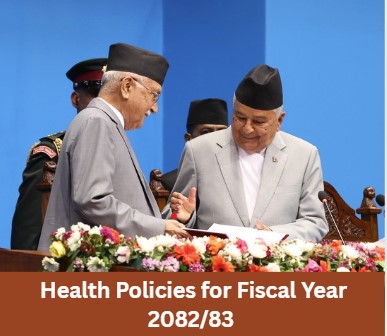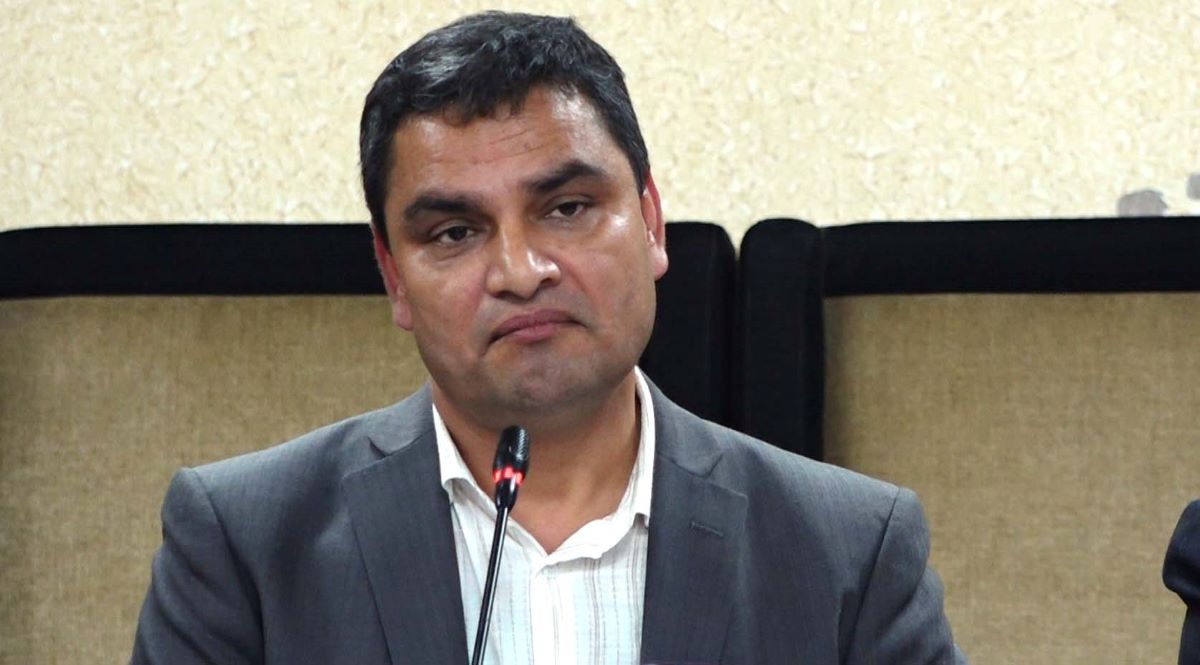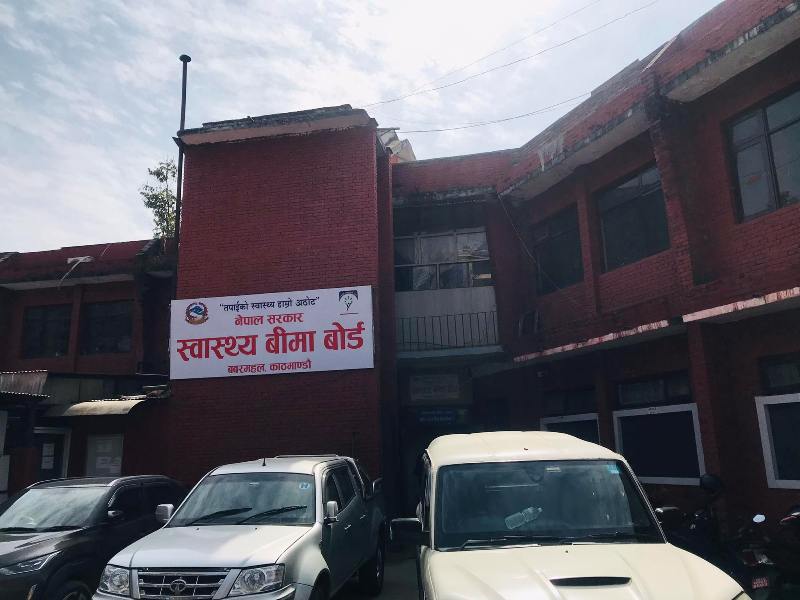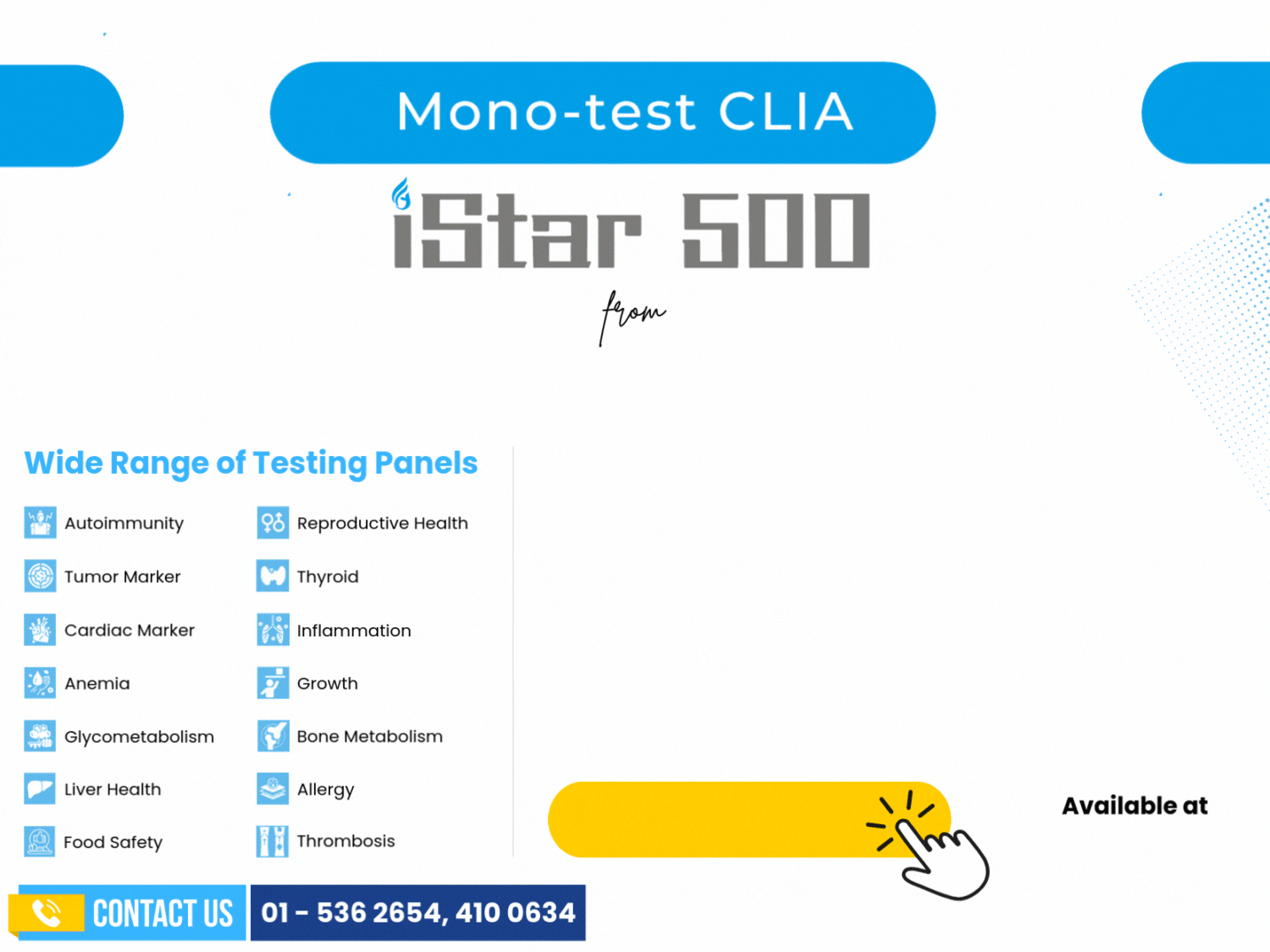
Kathmandu— The Government of Nepal has announced 11 health policies for the upcoming fiscal year 2082/83, aiming to strengthen the country’s healthcare system. President Ram Chandra Poudel unveiled the policies while presenting the government’s policy and program for the fiscal year.
Key highlights of the 11 health policies include:
Under the umbrella of the “Nirogi Nepal Campaign,” the government has committed to developing all aspects of the medical system by adopting both preventive and curative methods. Coordination among federal, provincial, and local levels will be prioritized to ensure access to quality basic healthcare for all citizens. The development of the health system will be based on population, geography, and disease burden.
The Federal Health Services Act will be drafted for the management of the health workforce, and the National Quality Accreditation Authority Act will be formulated to regulate the quality of health services.
Intensive burn treatment and cardiac care services will be expanded in all seven provinces. Specialty services will be operated in remote areas. Each year, the month of Falgun will be declared as Non-Communicable Disease (NCD) Screening Month, during which related programs will be implemented.
Cancer and kidney transplant treatment services will be expanded at the provincial level. HPV vaccines for cervical cancer and free cancer treatment services will be provided for children under the age of 14. An advanced National Neurosciences Center will be established in Kathmandu for the treatment of brain, spinal cord, mental health, and neurological disorders.
To ensure the supply of human resources in the health sector, a ‘General Nursing Program’ will be implemented. Reservation provisions will be made in medical education for oppressed and marginalized communities.
The health insurance system will be integrated to expand the scope of treatment. The benefits package will be revised to include treatment for serious illnesses under insurance coverage. The Insurance Board will be restructured to ensure good governance and financial sustainability of insurance services.
To reduce the financial burden on the insurance system, basic and essential medicines provided by the government will be included in the insurance coverage. All scattered health services will be integrated, and the effectiveness of institutions providing health services and treatment, including the Social Security Fund and Employee Provident Fund, will be enhanced to address resource shortages.
The Nagarik App will be improved to link all government hospitals to a unified online service. The production of basic and essential medicines will be promoted. A consolidated law for medicines and health materials will be formulated.
To strengthen Ayurvedic services and promote alternative medicine methods, Vidushi Yogmaya Ayurveda University will be brought into operation as an Ayurvedic Study Institute.
The public health surveillance system will be strengthened for the prevention of infectious diseases and response to epidemics. A Climate Health Resilient Unit will be developed to address the health challenges posed by climate change.
A population policy will be formulated to ensure that the population growth rate does not fall below the replacement rate. The health and demographic registration system will be linked to the integrated health information system.
swasthyaadmin
Published: May 4, 2025









